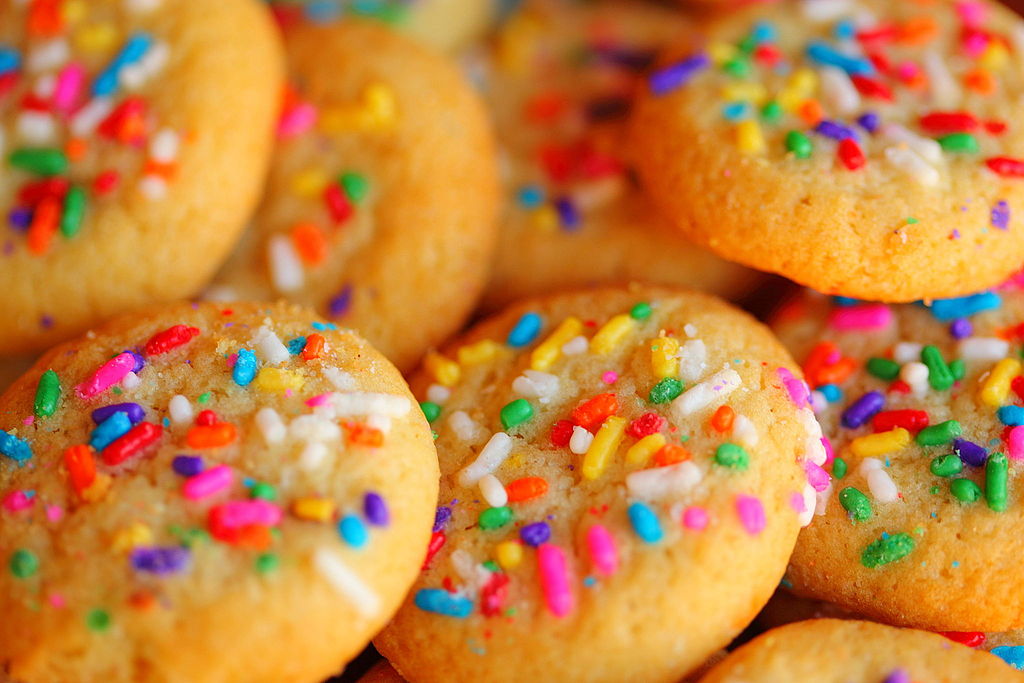I eat until I feel sick. I don’t even know why I do it. I don’t even taste the food, I just inhale it. I feel so bad afterwards.” This is a common explanation I get from clients who binge-eat or eat unnecessarily.
Food: the only addiction that you can’t overcome by refraining from it. Yet it is still an addiction, if you think about what an addiction is, it is using a behaviour or a substance to either give you or help you escape from a feeling you can’t cope with.
Those who have an addiction to food, use it in the same way as people use alcohol or other forms of addiction. Yet, as a society we deal with food addiction totally differently. We often describe people who struggle with weight as lazy, unfit, and unhealthy. We believe they should be able to choose to eat less, eat better, and move more. As a result, they believe the same. They believe they should be able to release weight if they just make more of an effort.
We believe that people actually make a choice to be addicted to food, but we accept that addiction to drugs and alcohol can be the result of difficult circumstances in life.
On the one hand it is okay to have an emotional connection to what we eat, yet on the other hand food is just fuel for our body, to simply keep us mentally alert and physically active and we should not see it as anything else.
I wonder why we regard it as undesirable to accept that we can be addicted to food, but not tolerable to accept that we can be addicted to other behaviours or habits such as smoking, alcohol or illegal substances. Maybe it’s because we all have the thought process that other addictions contain a physical component which takes away our choice. This is not necessarily true. With respect to smoking, the heart rate returns to normal roughly 20 minutes after a cigarette, and within 12 hours the carbon monoxide levels return to normal. Within two to three days the physical nicotine craving will be gone. From that point forward it is all influenced by our thought processes and our behaviours. But often when someone has tried to give up smoking, a week or so later, after the physical symptoms have returned to normal, they give in and start again.
You can expect people to find it hard to give up smoking and because society doesn’t believe it should be difficult to release weight, you don’t believe it should be difficult. Therefore, our beliefs are often based on the taboos society communicates directly and indirectly.
This is what your subconscious is doing:
All through life the subconscious is making connections. Any time, any moment could be taken as significant by our subconscious mind. A significant moment is one where a person needs to learn something that will assist them further in the trials and tribulations of life. Often, these lessons are integrated by a primitive and emotional part of the brain.
All of us have a ‘rule book’. All of us have a subconscious that is driving our behaviou about 90% of the time, using that ‘rulebook’. It’s only when that behaviour begins to get in the way of our life that we begin to notice it. Even then, society and all our experience of therapy dictates that the only way to get over anything is to do hard yards until it is overcome.
So to get rid of the behaviour or the need for the addiction, we need to rewrite the ‘rule book’. To overcome the learned processes that is triggering the behaviour in the subconscious, and as a consequence the behaviour will go. Therefore, we are reprogramming the brain, this ability to rework and restructure the brain is called neuroplasticity.
All of our behaviours have served a positive purpose in our lives at some time or another, and if the subconscious believes that eating, drinking, smoking, or whatever will stop you feeling anxious, distressed or dissatisfied, then a person will always ‘do’ that behaviour.
If we can clear that connection out of the subconscious, then those behaviours become meaningless and a person has the freedom to act on the conscious thoughts that have been there all along.
“What is wrong with me? The chocolate doesn’t even taste nice and I feel so bad after.”
“I hate it when I drink. I can’t remember anything I have done the morning after.”
We don’t have to be stuck battling something for the rest of our lives. The concepts with the use of counselling and hypnotherapy is to help clients change the ‘rule book’ so there is no battle. You are free to make the choices that are right for yourself. The thoughts have been there all along, you have just not been able to listen to them. I believe, if we clear the triggers from the subconscious, then a person can be truly free to listen to the rational voice and make the choices that are right for themselves.
Therefore, allow hypnotherapy and counselling to assist you to:
- use your imagination to practise being the way you want to be,
- Let the subconscious take a thorough house cleaning and change the rules,
- Engage all of the body’s senses to create the life you want – see it, feel it, hear it, taste it or even smell the life you would like to have and all of the components that go with it,
For further information contact us on (03) 5223 2370 or via email

